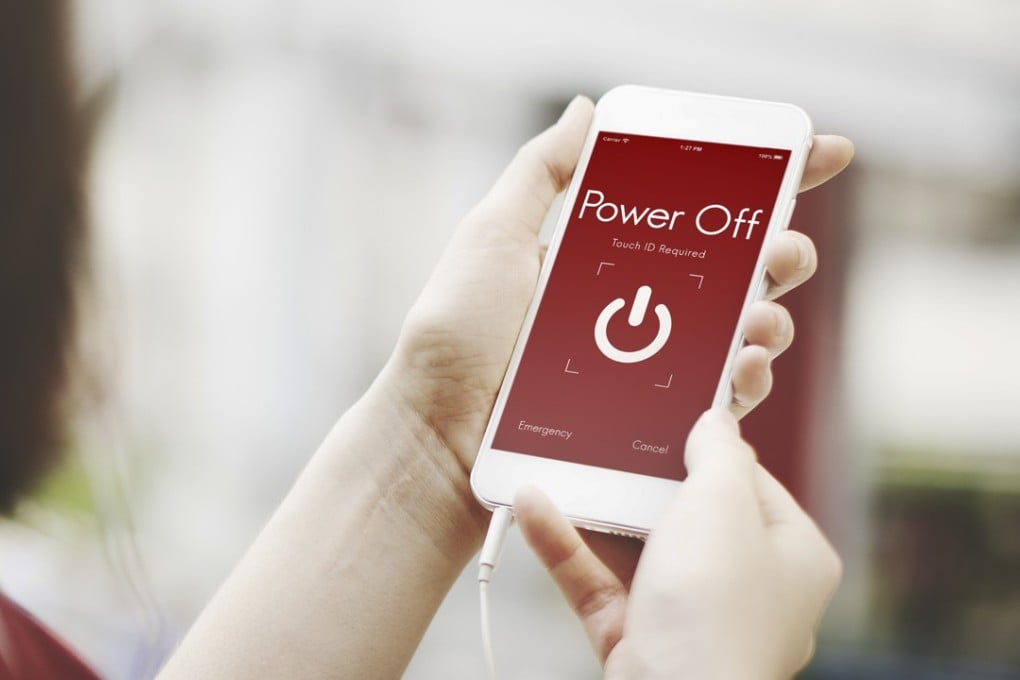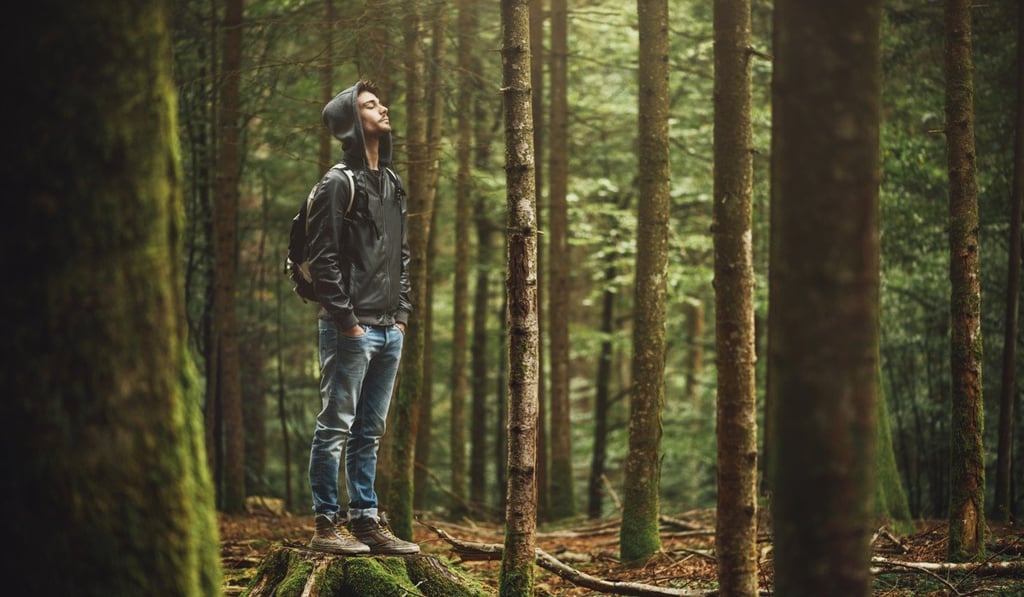Why we need our ‘capacity for solitude’ and how technology is slowly killing it
Being alone with your own thoughts is vital for creativity, decision-making and living a good life, says new book Lead Yourself First, yet these days people spend nearly all of their free time looking at one or more device screens

As our lives become ever more connected, there are so few places we can go to truly switch off any more.
Take aeroplanes. These were once disconnected sanctuaries where you had nothing to do except read, daydream or doze off – “a retreat in the sky”, in the words of one Buddhist monk. That’s no longer the case. On a flight recently, a teenager across the aisle from me wasn’t just watching a film, but watching a film on one screen and playing games on another. A nearby passenger was working on his laptop, checking Facebook on his smartphone, and watching a show on the small television in front of his seat. We may be “alone”. But we’re not really alone.
‘Happiest man in the world’ has a tip for Hongkongers on how to be less stressed out
A lot of attention has been devoted to how technology is scattering our attention and corroding our relationships; less, though, is focused on how it’s impairing our “capacity for solitude”, our ability to be happy by ourselves with only our own thoughts.
We’re so overstimulated that being alone has become unbearable. This fact was highlighted in a series of studies from 2014, where people preferred giving themselves electric shocks rather than sitting still alone in a room for six to 15 minutes. In the lab, we shock ourselves; in real life, we reach for our phones in a lecture hall, when queuing – even when we’re driving.

But to live a good life – and to become mature individuals – we need to be content with being alone with our own thoughts. That’s because the only way we can come to understand who we are and think through critical life decisions is through the self-examination that occurs in solitude.